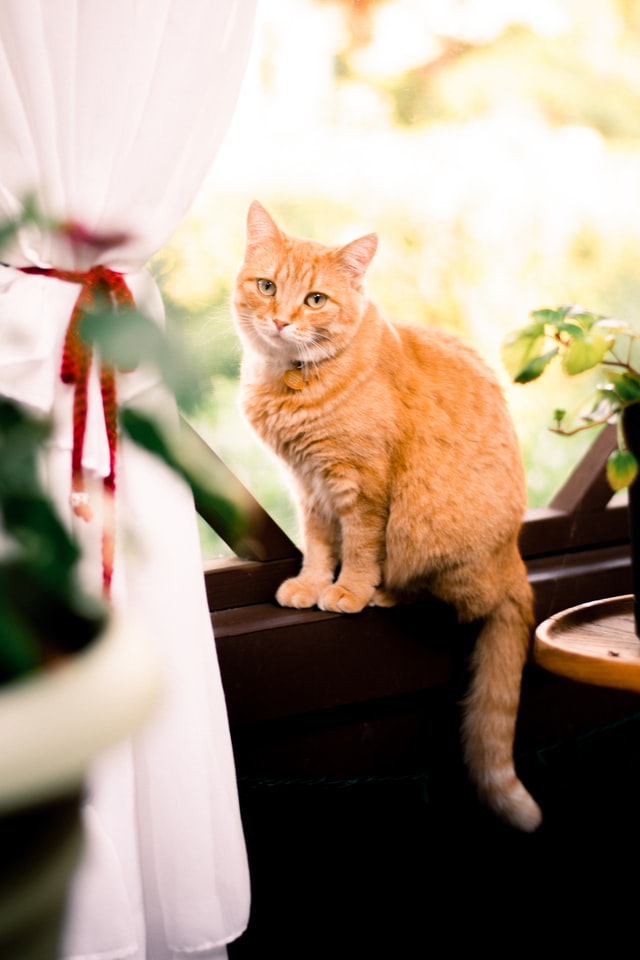Vaccines are an essential part of cat care. Without vaccines, cats are subject to diseases that can lower their quality of life or even shorten their lifespan. Some pet parents worry that their cats will suffer from serious side effects from the vaccines. Those with indoor cats think the risks of disease exposure are nonexistent. The potential for cats to get and spread zoonotic diseases is one reason that all cats need to get their regular vaccines.
What Are Zoonotic Diseases?
A zoonotic disease is one that can be passed from animals to humans, or from humans to animals. Often, an infected cat won’t show any symptoms. Once it transmits the disease to you, your friends or family members, or even to your cat sitter, it can cause serious symptoms. It also creates the potential for the infected person to transmit the disease to other animals and humans.
People with certain illnesses or conditions are more susceptible to some zoonotic diseases. Those with a compromised immune system and pregnant women might experience more severe illnesses and symptoms. Some of the most common zoonotic diseases seen in cats include:
- Rabies – Many people believe rabies is a thing of the past, but it still exists as a danger to both wild and domesticated animals. Rabies vaccines are part of your cat’s routine veterinary cat care starting at the age of 12 to 16 weeks of age. Even indoor cats should be vaccinated in case they escape outdoors. They might also be exposed to rabies through other unvaccinated dogs or cats that go outdoors. There is also the risk that a wild animal might gain entrance into your home. Rabies isn’t as common as it used to be, thanks to the rabies vaccine. But if a cat does get rabies, it is almost always fatal.
- Capnocytophagosis – Illness that occurs when a cat with Capnocytophaga germs in its mouth spreads them to humans through bites, scratches, or close contact.
- Bordetella – Bacteria that cause very contagious upper respiratory infections. Infections aren’t common in house cats or part of regular vaccines. However, your vet might recommend a vaccine for cats with a higher risk of exposure.
- Ringworm – The fungal infection gets its name from the ring-shaped pattern it causes on the skin of infected humans. Microsporum canis is the most commonly identified fungal dermatophyte, but others also cause ringworm infections. Ringworm vaccination differs from other types of vaccines in that it is often used to treat the associated lesions while not preventing re-infection.
Routine Vaccinations for Cats
The rabies vaccine is the only one for a zoonotic disease that is given annually to cats. The other vaccine your cat needs is Feline Viral Rhinotracheitis, Calicivirus, and Panleukopenia (FVRCP). This vaccine protects cats against feline viral rhinotracheitis, calicivirus, and panleukopenia (also called the feline distemper shot.) Although your cat can’t pass these diseases to you or other humans, they can cause severe illness for your cat.
Other vaccines are available for cats, depending on a number of factors. Your vet will advise you on the best vaccines for your cat based on its lifestyle and habits. They can also give you advice on avoiding diseases or illnesses for which a vaccine doesn’t exist. For example, recommending an in-home cat sitting service instead of a kennel when you go away.
Getting the right vaccines at the right time is essential for protecting you and your cat.

